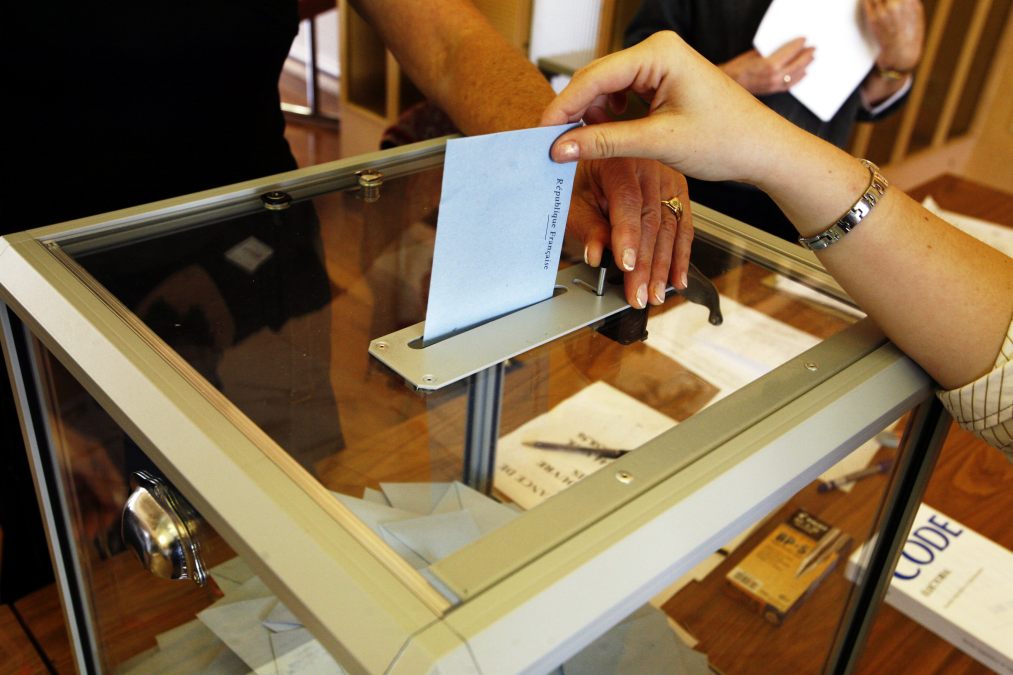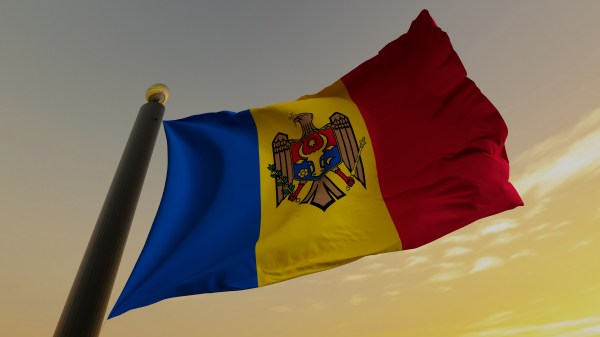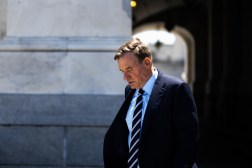Experts warn Congress of ongoing Russian information warfare against Europe

Russian intelligence forces are currently involved in an online disinformation campaign to influence several crucial European elections, former Estonian President Toomas Hendrik Ilves told lawmakers during a House Foreign Affairs Committee hearing Thursday.
IIves was one of four experts who spoke Thursday on Capitol Hill about Russian hacking and propaganda efforts designed to undermine The North Atlantic Treaty Organization and European Union. IIves was president of the Republic of Estonia between 2006 and 2016, during a period in which Russian hackers launched a massive distributed denial of service-style attack on the country’s government agencies and private sector.
“I would argue this will be the main battlefield over the next year,” IIves said. “There are a number of key elections coming up among major countries … [and] in all cases we’ve seen significant meddling. The Dutch are so afraid they’ve decided to go back to paper balloting because of what might happen.”
Paper ballots are used to cast votes in both Germany and France.
Lawmakers in Washington have become more familiar with the threat of digital foreign propaganda and complex hacking operations over the last 12 months after Russian intelligence services breached the Democratic National Committee and an email account belonging to top Hillary Clinton aide John Podesta. In both these cases, private communications were leaked online, where they were then distributed in some cases by Russian-controlled media outlets and social media profiles.
“It’s possible to track a disinformation campaign’s path from GRU and FSB agents working with the Kremlin through Russia’s propaganda arms like Sputnik and RT to a set of intermediaries discussed as independent sources,” Former U.S. Representative to the Organization for Security and Cooperation in Europe Daniel Baer testified. GRU is Russia’s foreign military intelligence service and FSB is the country’s domestic successor to the Soviet KGB.
“These sources often describe themselves in their profiles in ways intended to legitimize and make them attractive to target audiences,” he said.
One way to mitigate the threat of information warfare is to better integrate cybersecurity policies and practices between the U.S. and Europe, said Lincoln Bloomfield, a former U.S. diplomat and chairman emeritus of the Stimson Center.
“There’s a lot of work that could be done to make our cyber policies more robust and more specific, more combined with our NATO allies and with the European Union, and we should have that conversation at the technical level and at the political level,” said Bloomfield.
Experts say that a more comprehensive, bilateral cybersecurity strategy on its own, however, is not sufficient to counter the Russians’ information warfare capabilities.
“I would recommend to the committee that we begin to look at Russian propaganda like a virus,” said Peter Doran, executive vice president at the Center for European Policy Analysis. “To stop this virus we should treat it like one. This means detecting the virus, knowing what it is and how it works, debunking it — so curing those who may have been exposed — defending people by educating citizens to protect themselves and others, and disarming it, which means finding a vaccine.”
French defense and intelligence officials have warned in recent months of a Kremlin-backed disinformation campaign to smear independent candidate Emmanuel Macron.
“I think the Russian involvement in the U.S. election was a test case. For Russia it was important for them to start big. I think for smaller countries, more exposed to Russia, the risk is now very big,” Lithuanian MEP Petras Auštrevičius told The Guardian.
Private-public partnerships, innovative technology and well-thought-out international policy are all required, the panel of experts who testified Thursday agreed, to effectively mitigate Russia’s ongoing information operations. At the moment, however, there’s been limited action to this end.
Google and Facebook announced in February they would help prevent fake news stories from spreading during France’s presidential election by providing newsrooms across the country with a software toolbox that would help journalists verify authentic reports and debunk hoaxes, rumors and other false claims. More than 17 major news organizations have requested access to the service in preparation for the event.
“We need to determine when hybrid warfare is underway and we may not be able to determine that in the old fashion way of when we see tanks with Russian flags crossing the border,” said Baer.
The Guardian reported in early January that the European Union’s East Stratcom taskforce, a dedicated 11-person team tasked with blocking the Kremlin from influencing European voters, was seeking additional tools, funding and partnership ahead of multiple elections.






